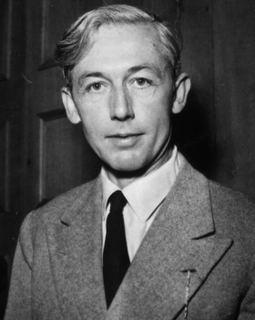A Quote by William Butler Yeats
For what but eye and ear silence the mind
With the minute particulars of mankind?
Related Quotes
But let me have silence always, in the centre of the shouting—that is essential! Let me have silence so that no pin may drop and not be heard, and not a whisper escape us for all our spouting, nor the needle's scratching upon this gramophone of a circular cosmic spot. Hear me! Mark me! Learn me! Throw the mind's ear open—shut up the mind's eye—all will be music!
If you want to play something that you hear, you need to listen with your mind's eye. You've heard of the mind's eye, right? Your mind has an ear too. It's a kind of listening, but it's not using your ears to listen. It's listening with your inner ear, and that's what you want to translate onto the guitar.
The human race sees with one eye, the male eye; hears with one ear, the male ear; and thinks with one half the human mind, the male mind. And the decisions we are making show we are not bringing to the agendas, and the questions and the problems of the world, all the resources of the world to solve them.
The ear is profound, whereas the eye is frivolous, too easily satisfied. The ear is active, imaginative, whereas the eye is passive. When you hear a noise at night, instantly you imagine its cause. The sound of a train whistle conjures up the whole station. The eye can perceive only what is presented to it.
The ear participates, and helps arrange marriages; the eye has already made love with what it sees. The eye knows pleasure, delights in the body's shape: the ear hears words that talk about all this. When hearing takes place, character areas change; but when you see, inner areas change. If all you know about fire is what you have heard see if the fire will agree to cook you! Certain energies come only when you burn. If you long for belief, sit down in the fire! When the ear receives subtly; it turns into an eye. But if words do not reach the ear in the chest, nothing happens.
Rousseau had it backwards. We are NOT born free. We are born in the chains of the random and the reflexive, and are ignorant and unreasonable by simple nature. We must learn to be free, to organize the random and detect the reflexive, to acquire the knowledge of particulars and the powers of reason. The examined life is impossible if we cannot examine, order, classify, define, distinguish, always in minute particulars.




































